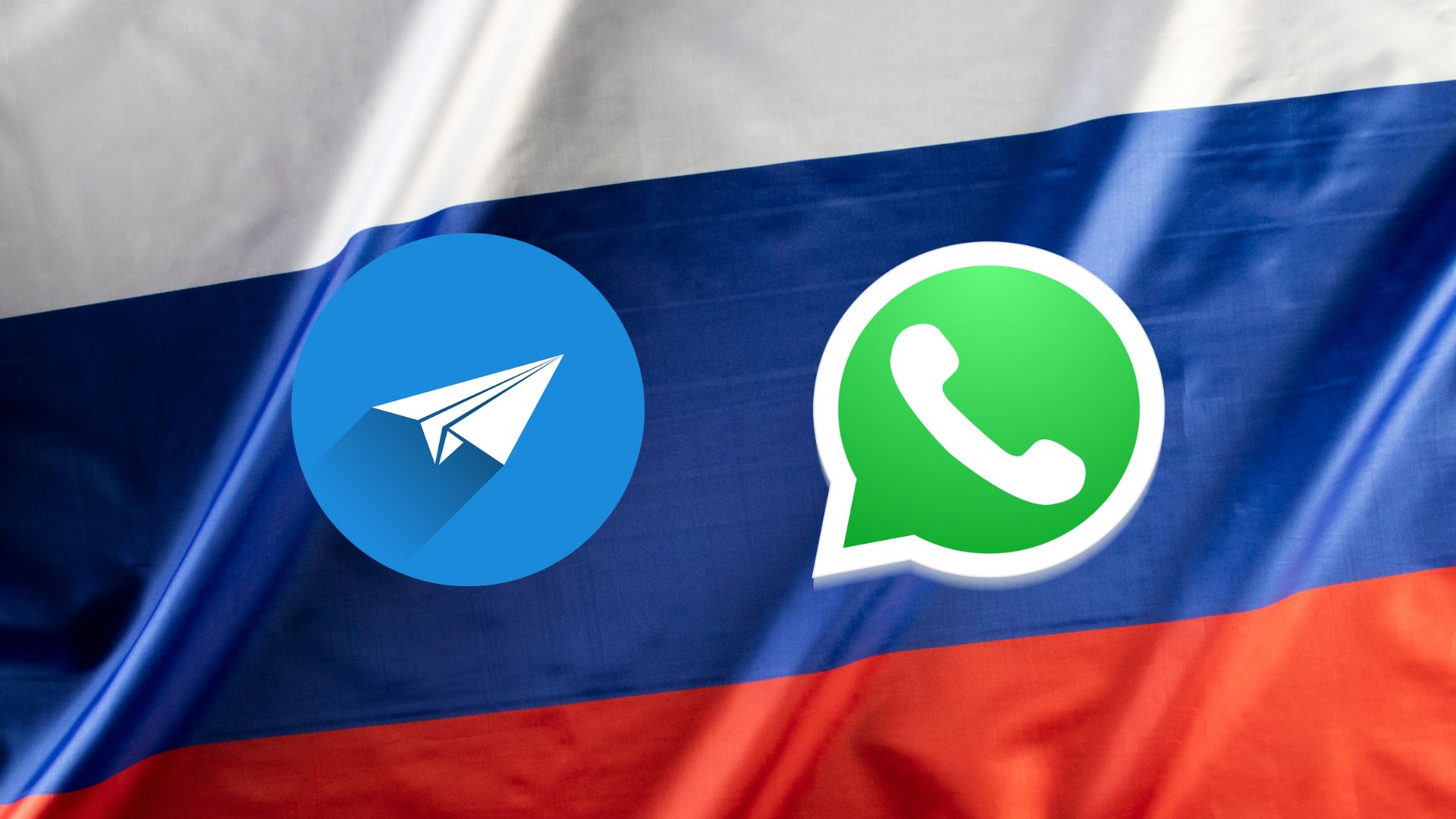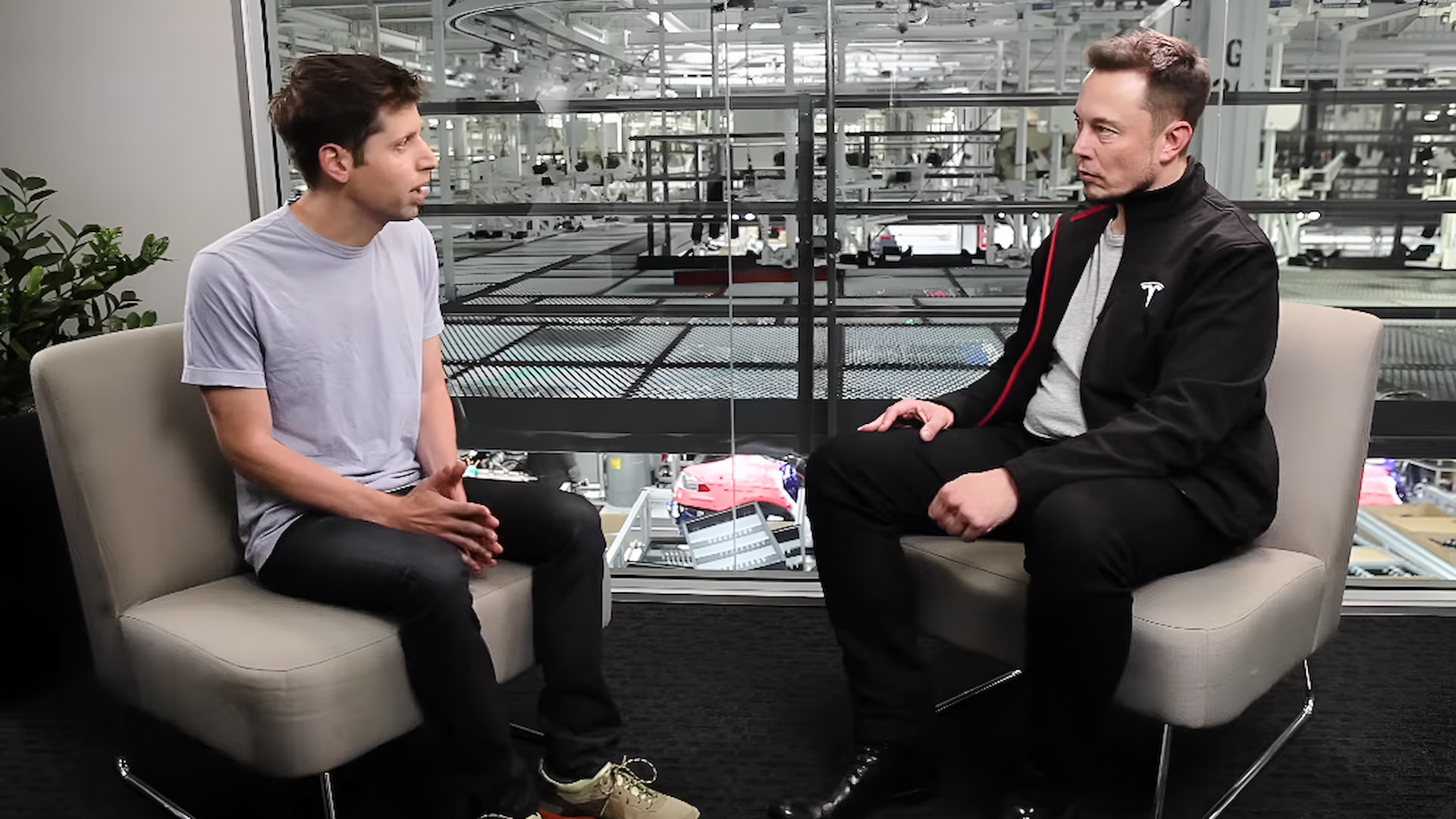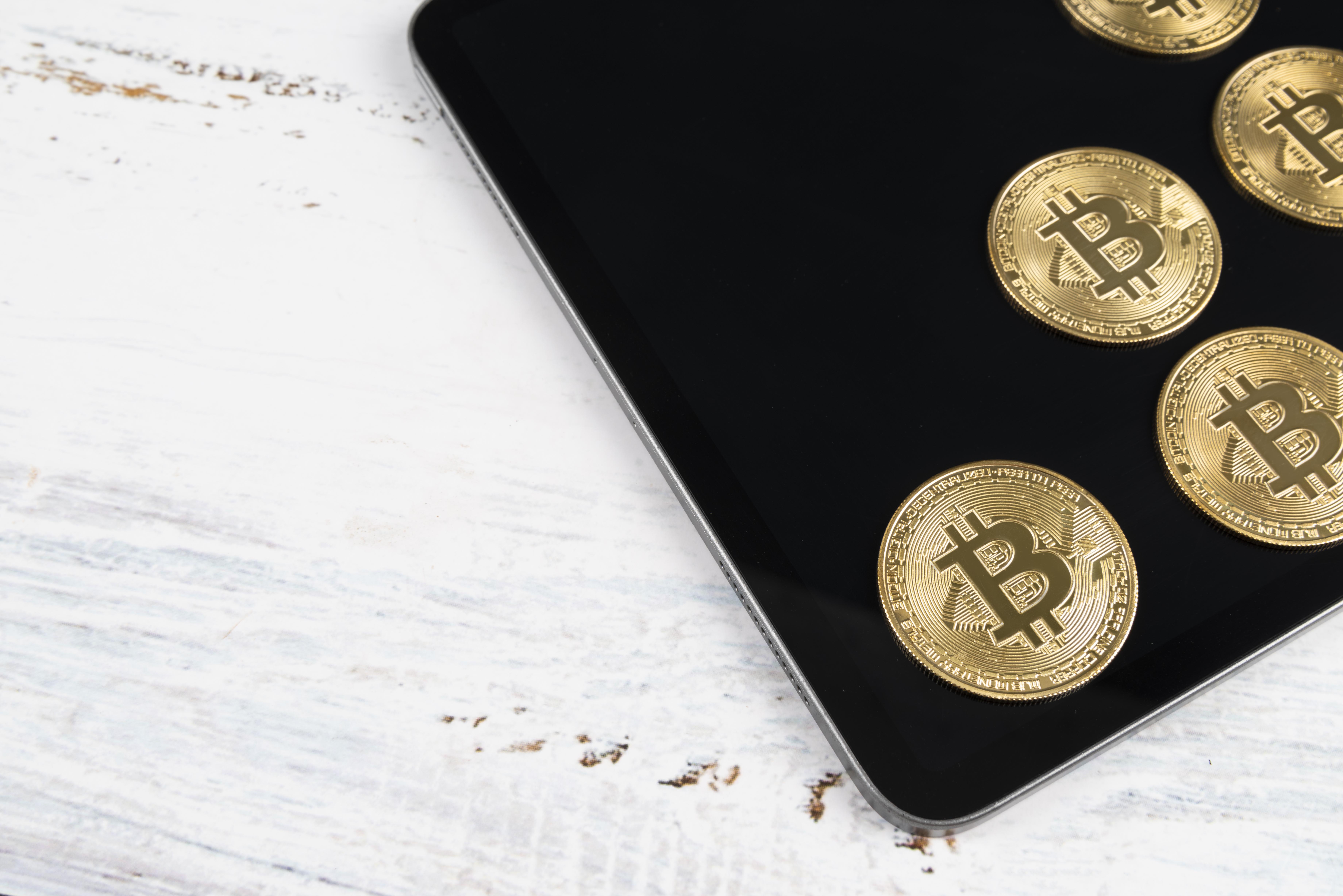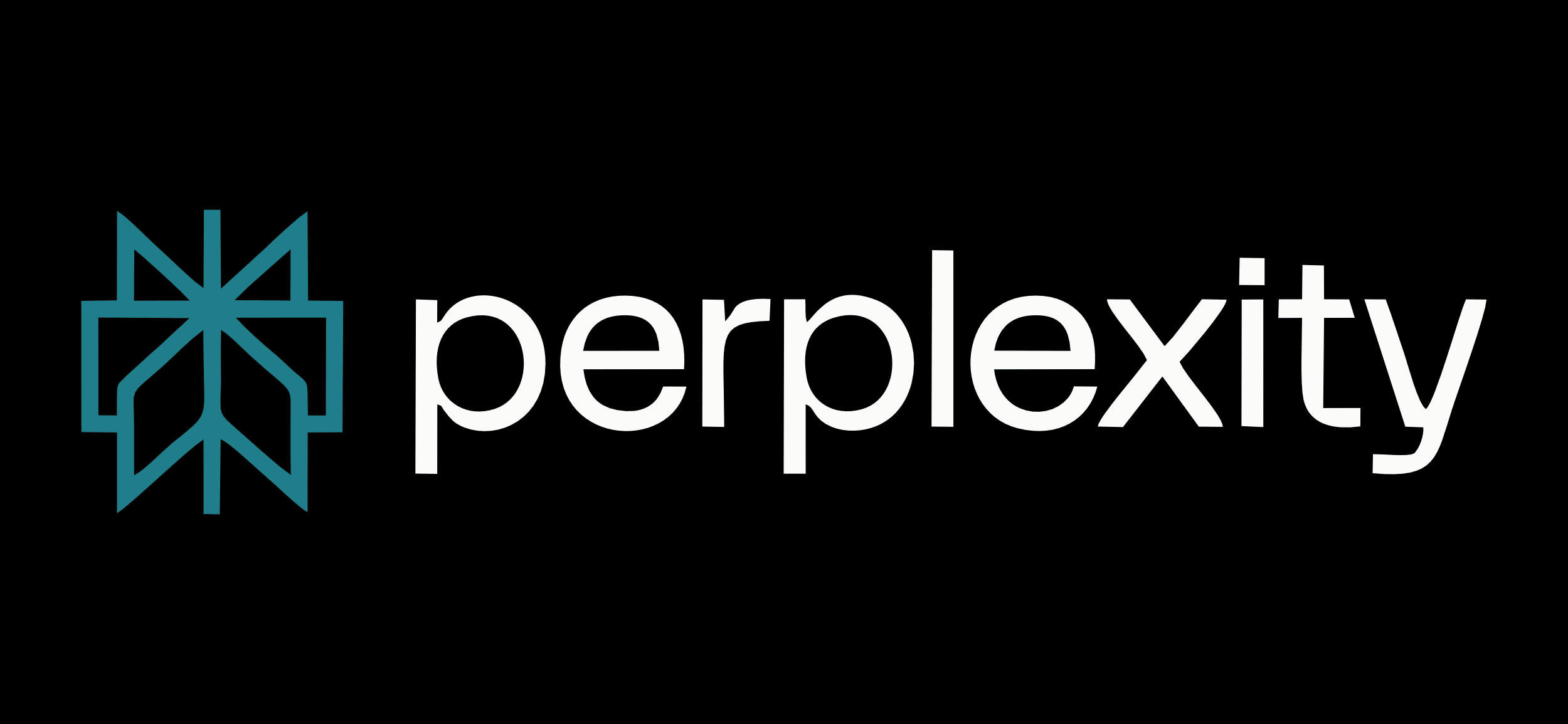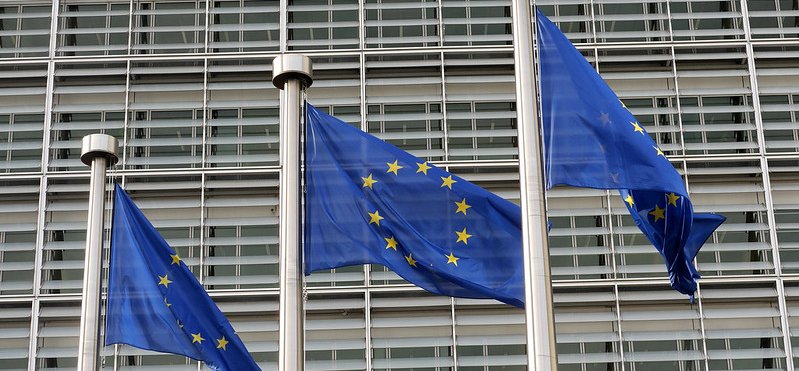Igor Babuschkin, cofounder of Elon Musk’s AI startup xAI, has announced his departure to launch an investment firm dedicated to AI safety research. Musk created xAI in 2023 to rival Big Tech, criticising industry leaders for weak safety standards and excessive censorship.
Babuschkin revealed his new venture, Babuschkin Ventures, will fund AI safety research and startups developing responsible AI tools. Before leaving, he oversaw engineering across infrastructure, product, and applied AI projects, and built core systems for training and managing models.
His exit follows that of xAI’s legal chief, Robert Keele, earlier this month, highlighting the company’s churn amid intense competition between OpenAI, Google, and Anthropic. The big players are investing heavily in developing and deploying advanced AI systems.
Babuschkin, a former researcher at Google DeepMind and OpenAI, recalled the early scramble at xAI to set up infrastructure and models, calling it a period of rapid, foundational development. He said he had created many core tools that the startup still relies on.
Last month, X CEO Linda Yaccarino also resigned, months after Musk folded the social media platform into xAI. The company’s leadership changes come as the global AI race accelerates.
Would you like to learn more about AI, tech, and digital diplomacy? If so, ask our Diplo chatbot!



